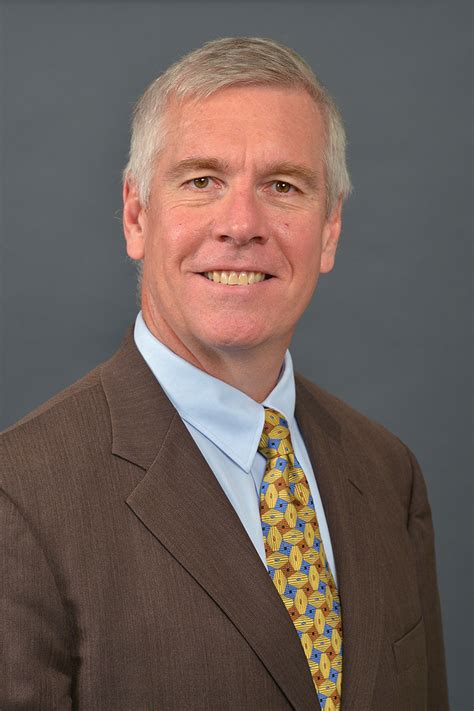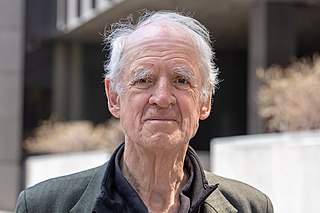A Quote by Eric Hoffer
Fair play with others is primarily the practice of not blaming them for anything that is wrong with us. We tend to rub our guilty conscience against others the way we wipe dirty fingers on a rag. This is as evil a misuse of others as the practice of exploitation.
Related Quotes
There is just as much evil in all of us as there is good. We're all continuously guilty, even if we're not doing it intentionally to be evil. Here we are sitting in luxury hotels, living it up on the the backs of others in the third world. We all have a guilty conscience, but we do very little about it.
Practice can be stated very simply. It is moving from a life of hurting myself and others to a life of not hurting myself and others. That seems so simple-except when we substitute for real practice some idea that we should be different or better than we are, or that our lives should be different from the way they are. When we substitute our ideas about what should be (such notions as "I should not be angry or confused or unwilling") for our life as it truly is, then we're off base and our practice is barren.
Selfish is an exploitation of others for self; selfless is an exploitation of self for others. Both are extrinsic. ..... Selfness. When selfness prevails, the qualities of others are sometimes used for self and the qualities of self are often extended to others. The basic and key difference is that exploitation is never the object of the outcome.
The misfortune of others is our misfortune. Our happiness is the happiness of others. To see ourselves in others and feel an inner oneness and sense of unity with them represents a fundamental revolution in the way we view and live our lives. Therefore, discriminating against another person is the same as discriminating against oneself. When we hurt another, we are hurting ourselves. And when we respect others, we respect and elevate our own lives as well.
A Winner's Blueprint for Achievement BELIEVE while others are doubting. PLAN while others are playing. STUDY while others are sleeping. DECIDE while others are delaying. PREPARE while others are daydreaming. BEGIN while others are procrastinating. WORK while others are wishing. SAVE while others are wasting. LISTEN while others are talking. SMILE while others are frowning. COMMEND while others are criticizing. PERSIST while others are quitting.
The effects which follow too constant and intense a concentration upon evil are always disastrous. Those who crusade, not for God in themselves, but against the devil in others, never succeed in making the world better, but leave it either as it was, or sometimes even perceptibly worse than it was, before the crusade began. By thinking primarily of evil we tend, however excellent our intentions, to create occasions for evil to manifest itself.
We define our identity always in dialogue with, sometimes in struggle against, the things our significant others want to see in us. Even after we outgrow some of these others—our parents, for instance—and they disappear from our lives, the conversation with them continues within us as long as we live.





































